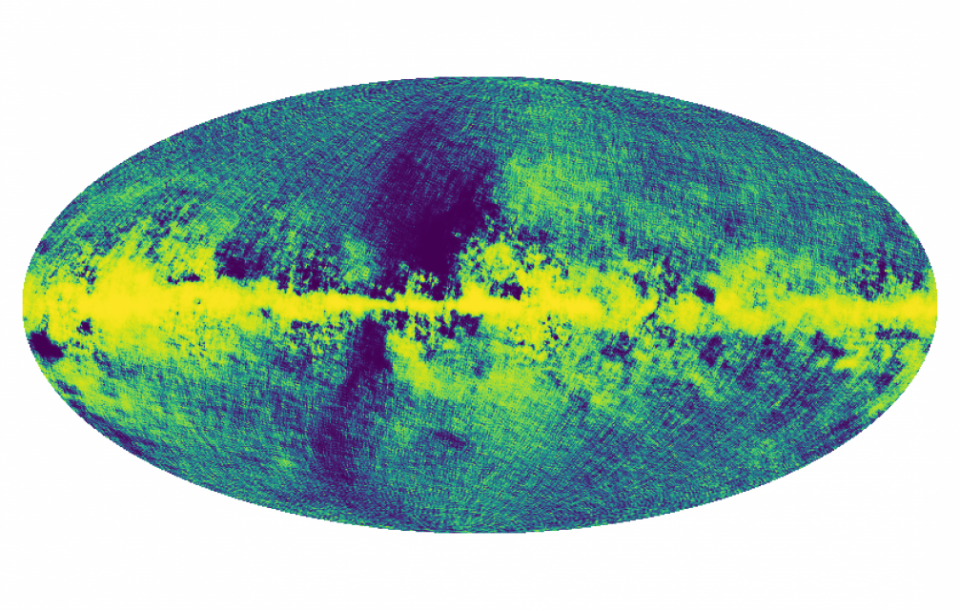Denys Wilkinson Building, Department of Physics, University of Oxford, Keble Road, Oxford OX1 3RH
Boris Leistedt (Imperial College London)
Abstract:
One of the main difficulties in the exploitation of photometric surveys (e.g. DES, KIDS, LSST) is the derivation of accurate photometric redshifts and redshift distributions for millions of faint, distant galaxies, for which no representative, failure-free spectroscopy is available. An alternative way to approach this problem is to build a forward hierarchical model of the photometric observations, where 1) populations of galaxies are generated from a Stellar Population Synthesis (SPS) model, 2) a data model replicates the complications of real data, such as zero points offsets and noise, 3) a selection model applies any depth or color or image quality cuts. Machine learning emulators and simulation-based inference make this approach tractable, with a simultaneous calibration (and propagation of all uncertainties of) all components of the model. This is a new route to derive redshift distributions for wide-area surveys without directly resorting to spectroscopic redshifts, which I will illustrate with an early application to KIDS data.
It is also a robust way to probe cosmology and galaxy formation via the calibration of the SPS model, which I will illustrate with a demonstration on the COSMOS field.

